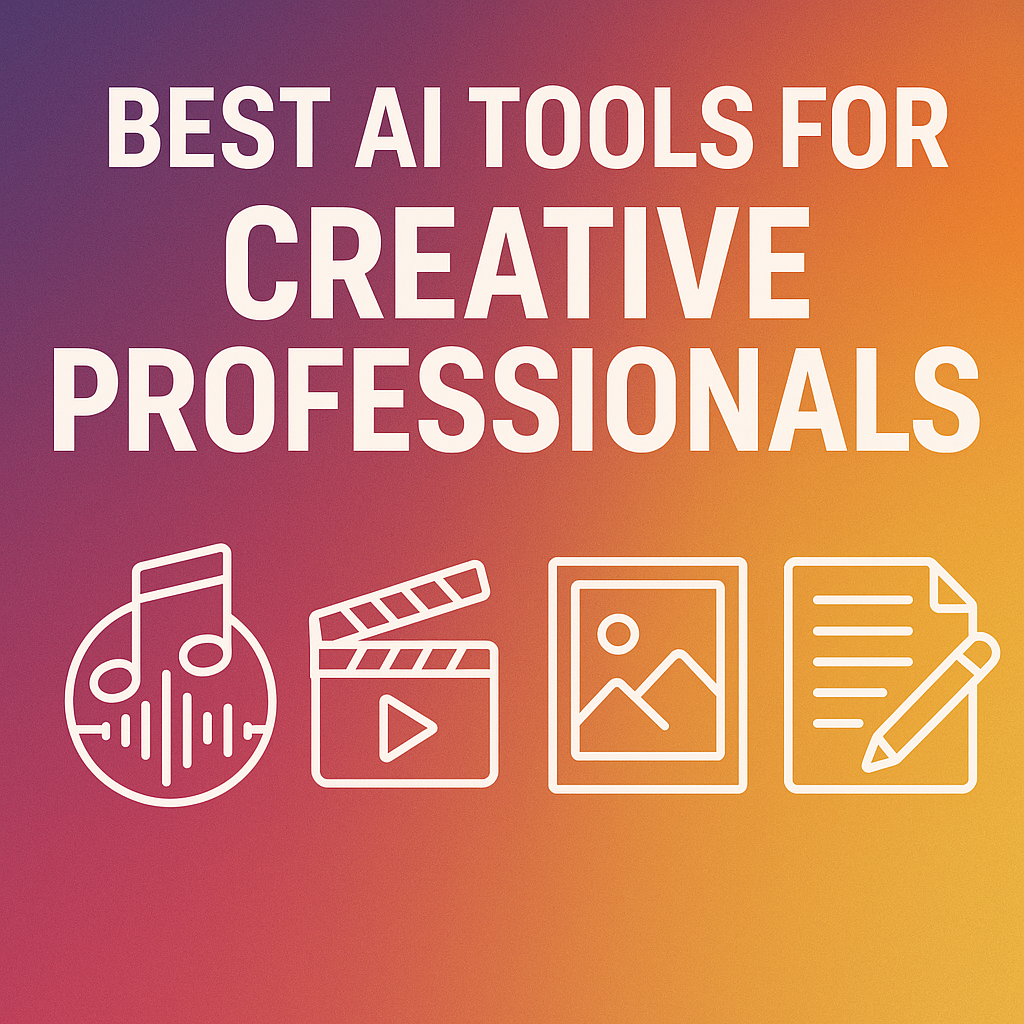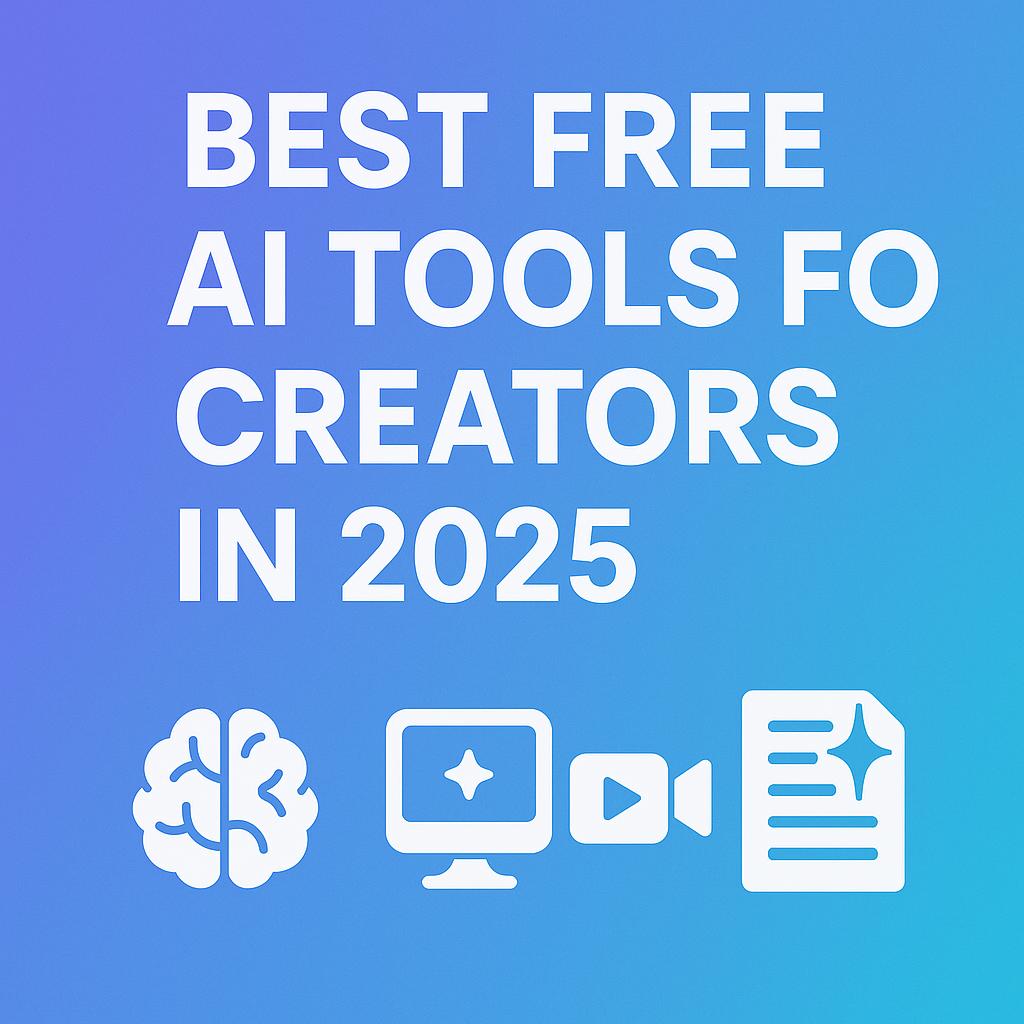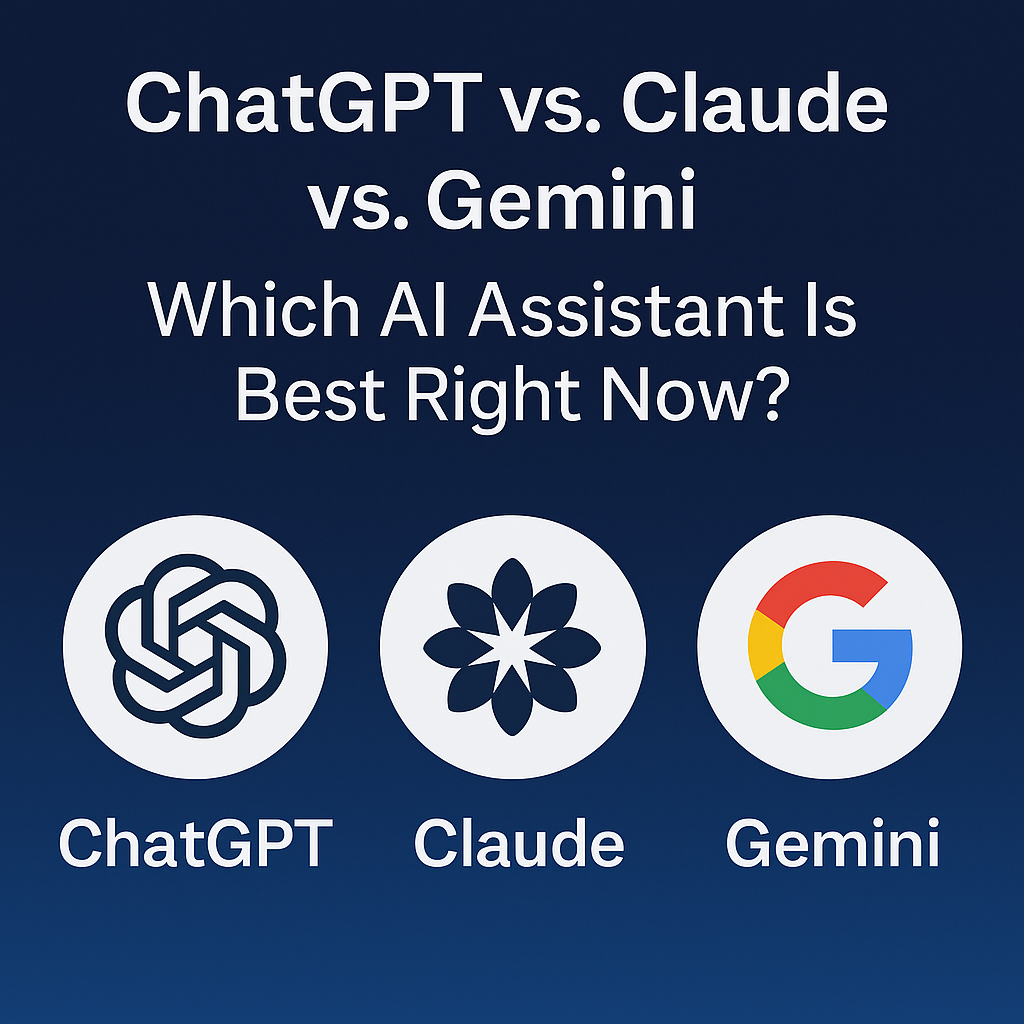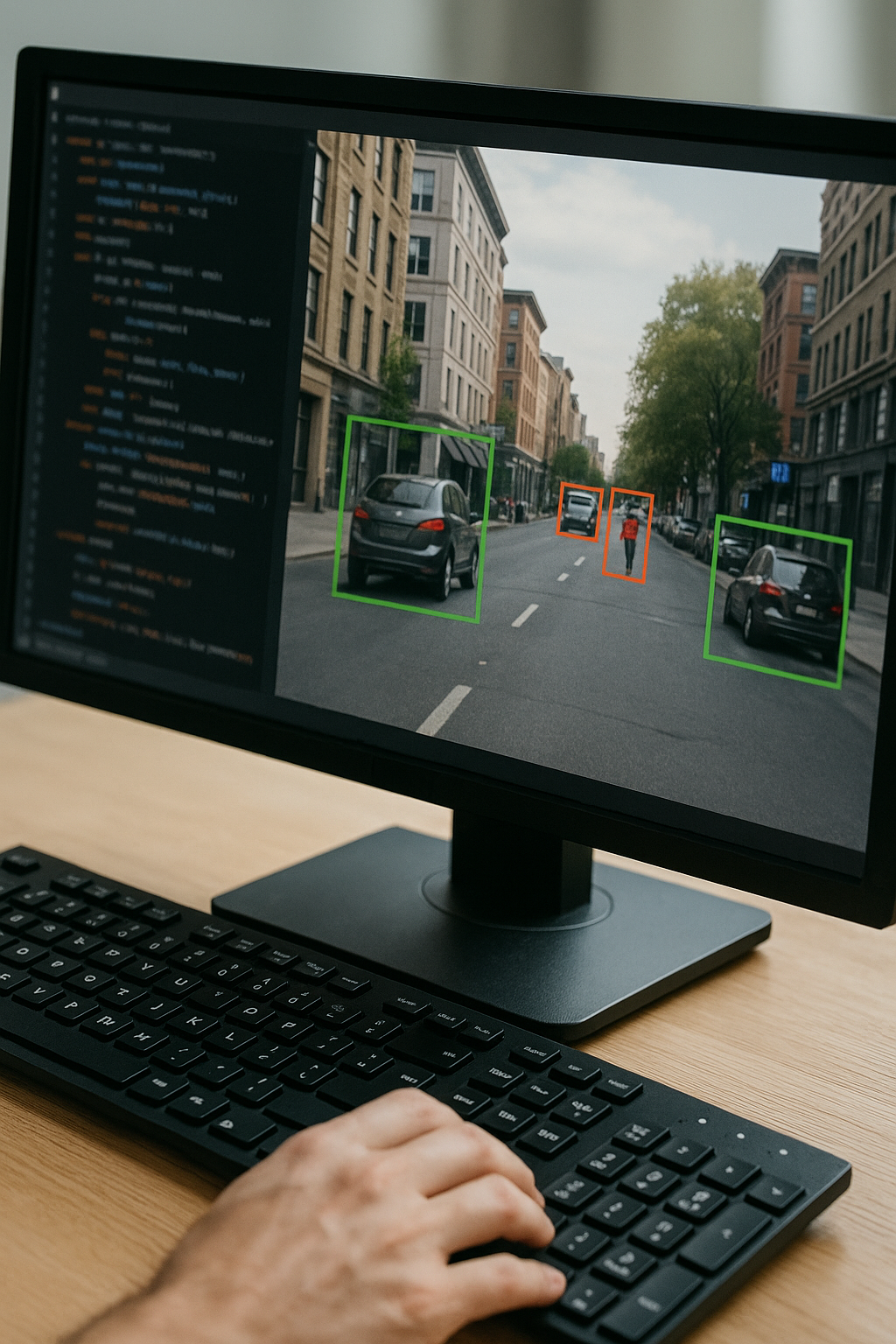AI Weekly Deep Dive
AI Weekly Deep Dive: Unveiling the Week's Top 7 Stories
This week in the whirlwind world of AI, we witnessed titans clashing, revolutionary advancements, and glimpses into the not-so-distant future. Here's a detailed breakdown of the top 7 headlines that sent shockwaves (or should we say, algorithm waves) through the industry:
The LLM Arms Race Intensifies: Google vs. Meta
The long-awaited battle for LLM (Large Language Model) supremacy is heating up. Google recently unveiled Gemini 1.5 Pro, boasting a staggering 2 million parameter model. This powerhouse is designed to excel in tasks involving information processing, code generation, and, of course, crafting human-quality text – just like you're reading right now. But Google isn't the only player in this game. Meta, the social media giant, is gearing up to launch its colossal LLaMA 400B model, promising even more sophisticated capabilities. With 400 billion parameters compared to Gemini's 2 million, Meta's offering has the potential to revolutionize everything from machine translation to creative writing. Experts predict this arms race will push the boundaries of AI's ability to understand and respond to complex information, paving the way for groundbreaking applications in various fields.
Runway's Gen-3 Alpha: Video Creation for Everyone (Almost)
Buckle up, content creators! The highly anticipated Gen-3 Alpha video model from Runway has arrived, allowing you to conjure up stunning visuals with just a few lines of text. Imagine describing a breathtaking mountain landscape or a bustling cityscape, and the model generates a hyper-realistic video that brings your words to life. This is a game-changer for video production, especially for small businesses or individual creators who lack the resources for high-end equipment or animation software. However, there's a caveat: Runway is currently offering limited access to Gen-3 Alpha in a closed beta. This exclusive release has many speculating about the future of video creation. Will Runway eventually democratize the process, making pro-quality video production accessible to everyone? Or will this powerful tool remain in the hands of a select few?
Google Pixel 9: The AI-Powered Photography Revolution (Details TBA)
Smartphone photography is about to take a quantum leap, thanks to Google's upcoming Pixel 9. The tech giant has teased a revolutionary new AI feature that promises to redefine how we capture and edit photos. While Google remains tight-lipped about the specifics, rumors suggest features like real-time object and scene recognition, automatic content enhancement, and perhaps even AI-powered suggestion for framing and composition. Imagine pointing your phone at a breathtaking sunset and having the AI automatically adjust the settings for perfect color balance and exposure. Or, what if the AI could recommend the ideal angle to capture a group photo, ensuring everyone looks their best? The possibilities are endless, and with Google's track record in smartphone innovation, the Pixel 9 with its AI muscle could become the ultimate companion for mobile photographers.

AI Lullabies: ElevenLabs and Publishers Team Up for Sleep Tech
Calling all insomniacs, tossing and turning all night? A new player has entered the sleep tech arena, and it's not who you'd expect – AI! ElevenLabs, a pioneering AI firm, has partnered with major publishers to create audiobooks narrated by soothing, AI-generated voices. This innovative approach could personalize the listening experience to your preferences. Imagine curling up with an AI-narrated audiobook that tailors its pacing and intonation to lull you gently into sleep. Experts believe this technology has the potential to disrupt the sleep aid market, offering a non-pharmaceutical solution for those struggling to catch some Zzz's. But will AI narrators ever be able to replace the warmth and comfort of a human voice reading a bedtime story? Only time will tell.
The Supreme Court and AI: A Looming Collision Course?
The legal implications of AI are becoming increasingly complex. A recent Supreme Court ruling on Chevron deference, a legal principle that grants deference to an agency's interpretation of a statute it administers, has caught the attention of AI experts. This ruling could potentially impact how much control companies have over the data used to train their AI models. If the court interprets Chevron deference broadly, it could give companies more leeway in using vast troves of data, potentially raising concerns about privacy and bias. Conversely, a narrow interpretation could lead to stricter regulations on data collection and usage in AI development. The legal battleground surrounding AI is just beginning, and this Supreme Court case could set a precedent that shapes the future of AI regulation.
US Tightens the Grip: AI Chip Export Controls Target China
The geopolitical landscape surrounding AI hardware is getting heated. The US government recently implemented new export controls, restricting the sale of certain high-performance AI chips to China. This move highlights the growing competition between the US and China in the race for AI dominance. The restricted chips are specifically designed for tasks like facial recognition and natural language processing, which have significant applications in both commercial and military sectors.The US government is concerned that these chips could be used by China to develop advanced surveillance systems or autonomous weapons. This move has sparked criticism from some who argue that it stifles technological innovation and collaboration. However, the US government maintains that it's necessary to protect national security interests. The impact of these restrictions remains to be seen, but it's certain to have a ripple effect on the global AI industry.
Can AI Save the Planet? The Race for Green AI
With AI's processing power constantly increasing, so too is its energy consumption. Google, a leader in AI research, recently reported a sharp rise in the energy demands of its data centers, fueled by the ever-growing needs of its AI models. This has brought the issue of AI's environmental impact to the forefront. Researchers are scrambling to develop more energy-efficient AI models, a concept sometimes referred to as "Green AI." This involves techniques like model pruning (removing unnecessary connections) and quantization (reducing the number of bits needed to represent data). By making AI models leaner and meaner, researchers hope to significantly reduce their carbon footprint. The development of Green AI is crucial for ensuring that AI's advancements don't come at the cost of environmental sustainability.
The Future Beckons: Stay Ahead of the Curve
These are just a mere glimpse into the whirlwind of activity that unfolded in the world of AI this week. The field is constantly evolving, pushing the boundaries of what's possible and raising new questions about ethics, regulation, and the future of humanity.
Want to stay on top of this ever-changing landscape? Sign up for our newsletter and get exclusive access to in-depth analysis, expert interviews, and the latest breakthroughs delivered straight to your inbox. Join our community of AI enthusiasts and see what the future holds together! We'll delve deeper into these stories, explore emerging trends, and keep you informed about the exciting (and sometimes unsettling) developments in the world of AI
Sign Up For Our Weekly Newsletter and Get Your FREE Ebook " AI For Everyone - Learn the Basics and Embrace the Future"











